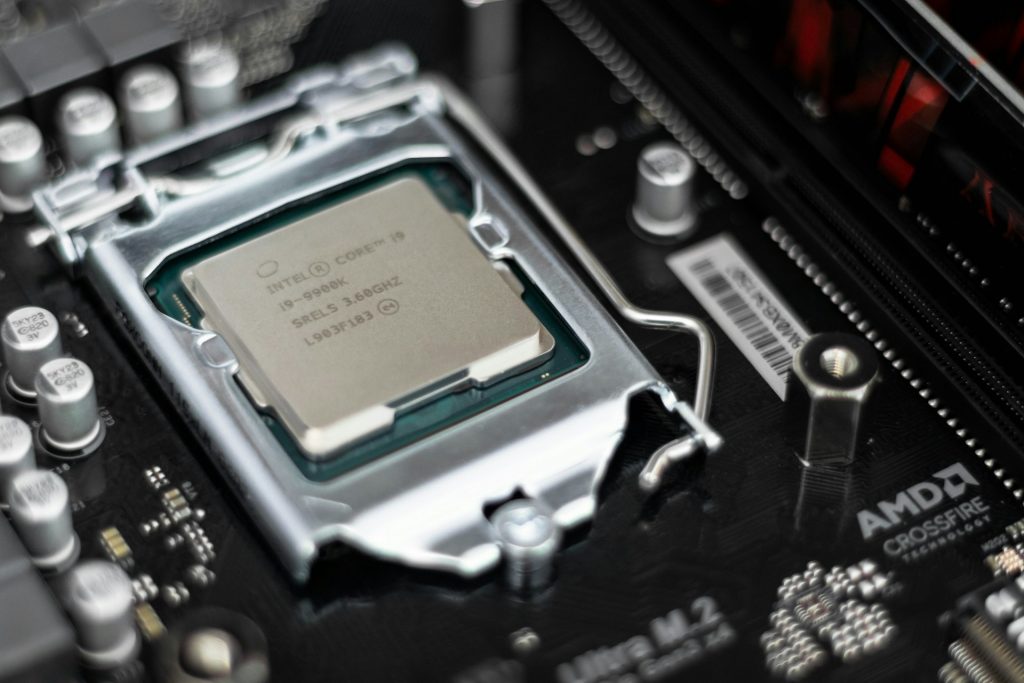Intel has provided an update regarding the instability and gradual degradation of their Core CPUs, stating that the company is still investigating the root causes. High voltages and an error in the Enhanced Thermal Velocity Boost (eTVB) algorithm have been confirmed.
In a recent update, Intel, along with its partners, continues to search for the primary cause of the instability and degradation in Core CPUs. Although the company from Santa Clara has confirmed the high voltages and an error in the eTVB algorithm, the issues appear to be more complex. Intel has not yet made significant progress in identifying the “main cause” and remains uncertain.
Intel’s analysis has shown that a confirmed factor contributing to instability reports in Intel Core Desktop processors of the 13th and 14th generations (K/KF/KS) is increased voltage supply, attributed to previous BIOS settings.
During the investigation of this instability issue, Intel discovered an error in the eTVB algorithm affecting the operating conditions of the 13th and 14th generation Intel Core Desktop processors.
A patch for the eTVB bug has been developed, and Intel is working with OEM/ODM motherboard partners to release the patch as part of BIOS updates by July 19, 2024.
- Intel –
In response to inquiries from PCGH, Intel confirmed that this update is only an “interim report,” as the company is still working on identifying the root cause of the problem, noting that the eTVB bug surfaced somewhat incidentally.
While the eTVB bug potentially contributes to instability, it is not the primary cause of the instability issue.
- Intel –
Investigations by Intel and its partners are complex, ongoing, and not yet concluded. The company promises regular updates in its statement.
To align its motherboard partners better and gain more control and clarity over the settings and values used, Intel has further revised and expanded its recommendations for the 13th and 14th generation Core CPUs, also known as “Raptor Lake and Raptor Lake Refresh.” Intel now recommends that Core i5 and Core i7 processors, if possible, be operated in line with Intel’s recommendations. Previously, the guidance was exclusively for Core i9 processors.
Intel emphasizes that these are merely recommendations and not mandates. These recommendations do not solve the problem, as the root cause remains unclear. However, Intel’s statement is unexpectedly explicit.
To be clear: users who overclock or use power settings higher than recommended do so at their own risk, as overclocking can void the warranty or affect the system’s health and stability.
